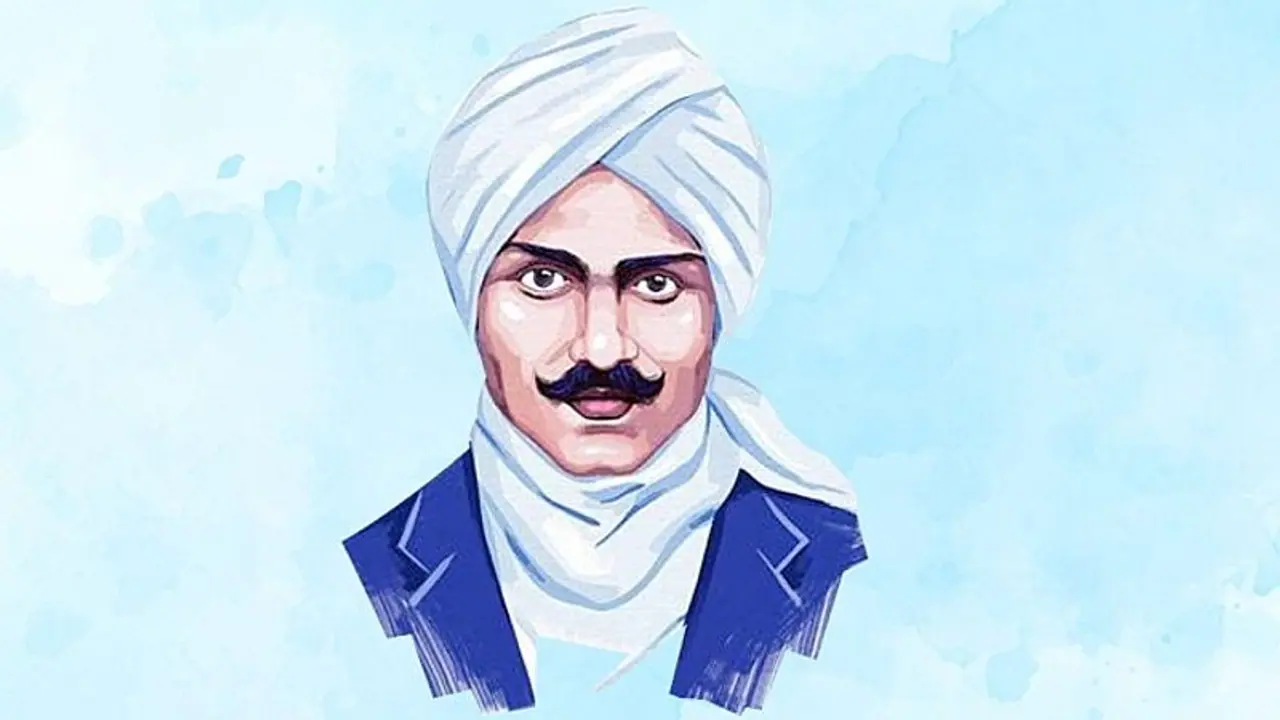Prime Minister Narendra Modi recalled Subramania Bharati's rich scholarship and multi-faceted contributions to the nation. He also hailed Subramania Bharati's ideas on social justice and women empowerment.
In a major decision, Prime Minister Narendra Modi on Saturday announced the setting up of a chair at the Banaras Hindu University in Uttar Pradesh in the name of Mahakavi Subramania Bharati to honour the great poet on his death centenary.

The announcement came a day after the Tamil Nadu government announced that the poet's death anniversary will be observed as 'Mahakavi' day.
Prime Minister Narendra Modi recalled Subramania Bharati's rich scholarship and multi-faceted contributions to the nation.
He hailed Subramania Bharati's ideals on social justice and women empowerment.
The Prime Minister also stated that India is proud to be home to the world's oldest language, Tamil.
Who was Subramaniya Bharati?
Born on December 11, 1882, in the Ettayapuram village in Tamil Nadu's Tirunelveli district, Subramaniya Bharathiyar started writing poems at the age of seven.
When he was 11 years old, Subbiah -- his childhood name -- challenged eminent scholars to have a contest with him in a debate on any subject. The contest was held at the Ettayapuram Durbar at which the ruler himself was present. Subbaiah won the debate on the subject of 'education'. It was then he came to be known as 'Bharati'.
Subramaniya Bharati ushered in a new era of Tamil literature. Most of his compositions were short lyrical offerings on patriotic, devotional and mystic themes.
Many of his poems had a patriotic flavour. His poems inspired people to join the independence struggle and strive for the country's liberation. He even outlined his vision for a free India.
Bharati was also against the caste system, which saw him remove his sacred thread. For him, there were only two castes -- men and women. He made Dalits wear the sacred thread and used to have tea sold in shops run by Muslims.
A firm believer in women's rights, gender equality and women emancipation, Bharati opposed child marriage, dowry and supported widow remarriage.
He started a weekly newspaper named 'India' in 1906, which was printed on red paper. 'India' was the first newspaper in Tamil Nadu that would publish political cartoons. His works drew the ire of the British who put out a warrant for his arrest in 1908. Bharati shifted his newspaper operations to Puducherry.
Bharati used his period of stay in Puducherry to interact with independence movement leaders like Aurobindo, Lajpat Rai and VVS Aiyar.
He was arrested near Cuddalore in November 1918 when re-entered the state. Months later, Bharati met Mahatma Gandhi. The poet, freedom fighter, social reformer and journalist passed away on September 11, 1921.
